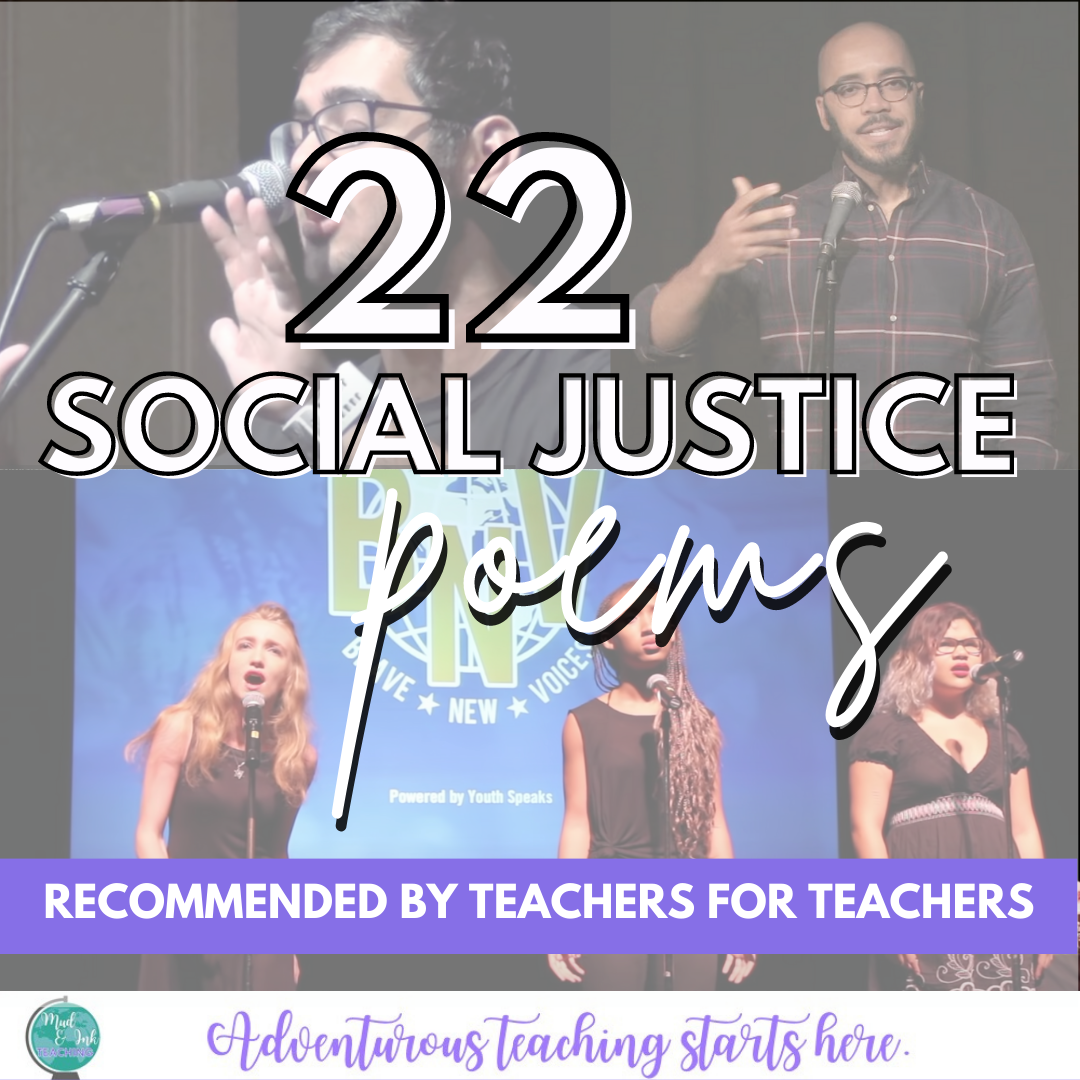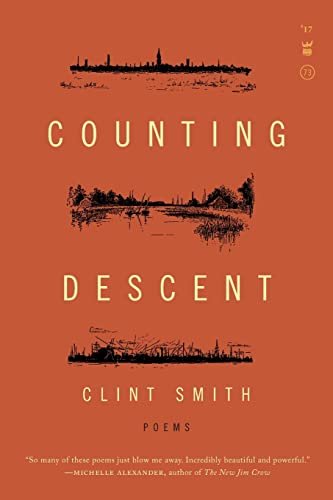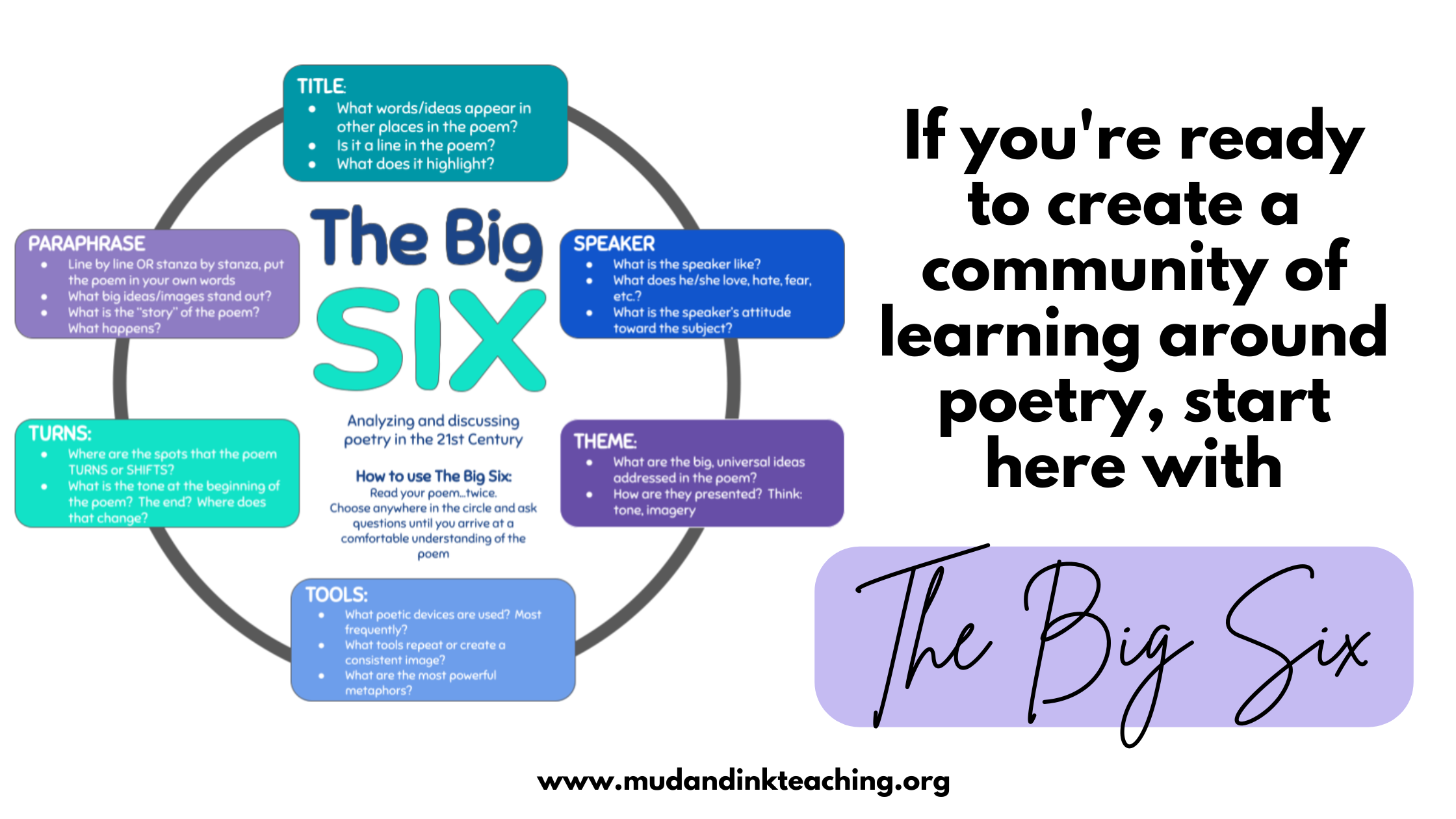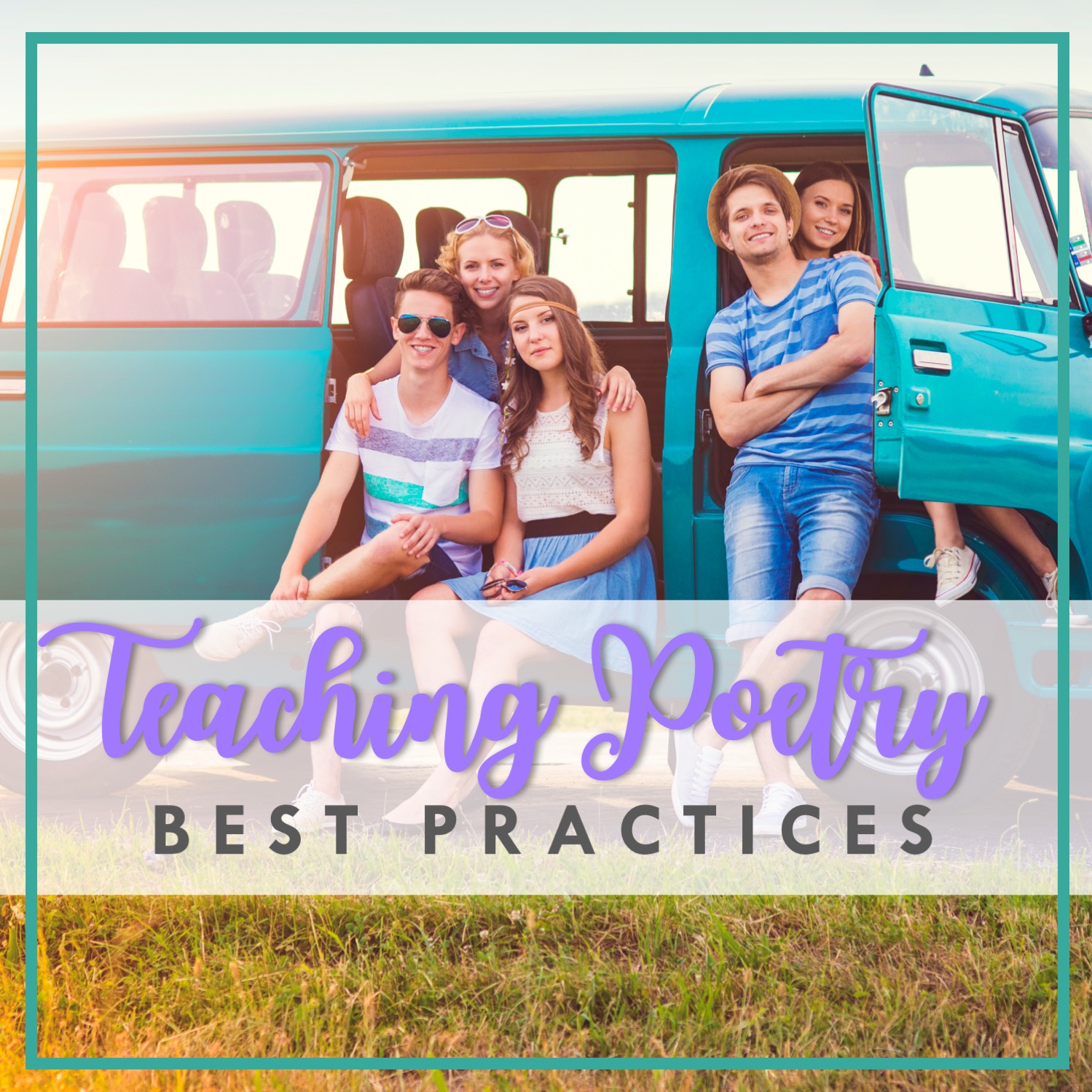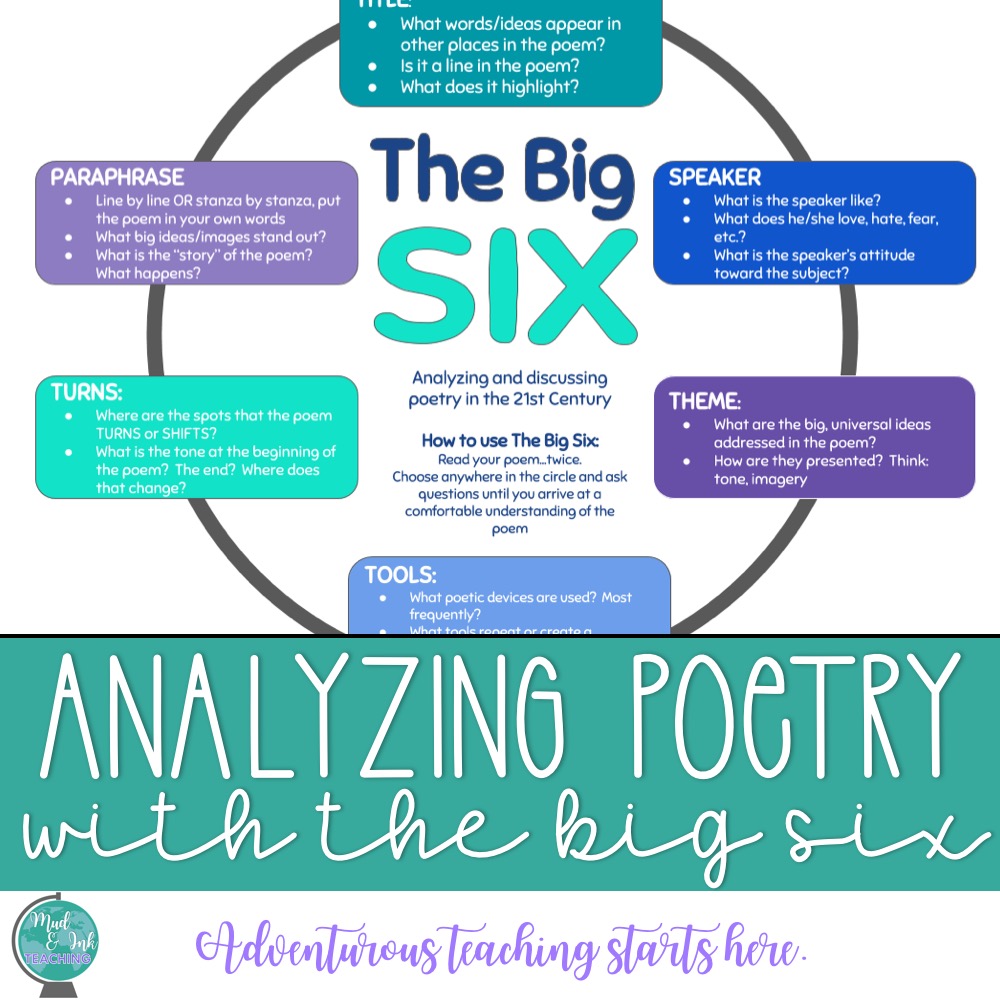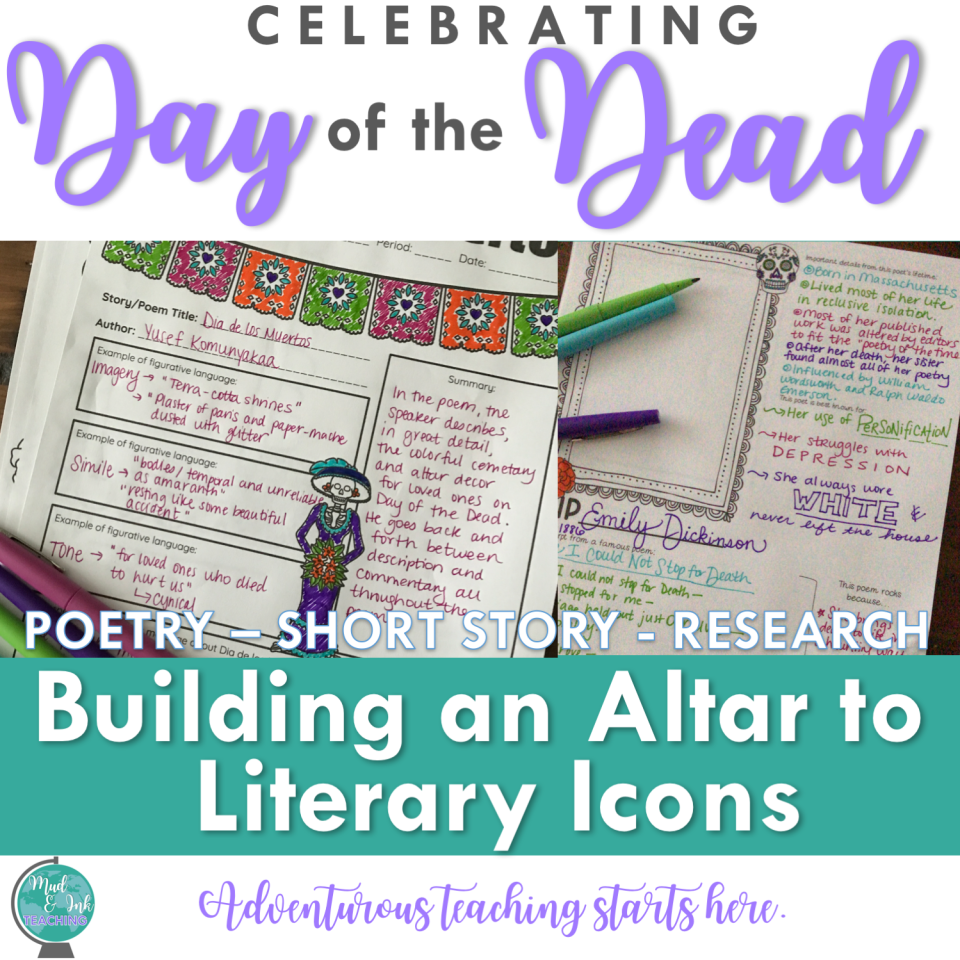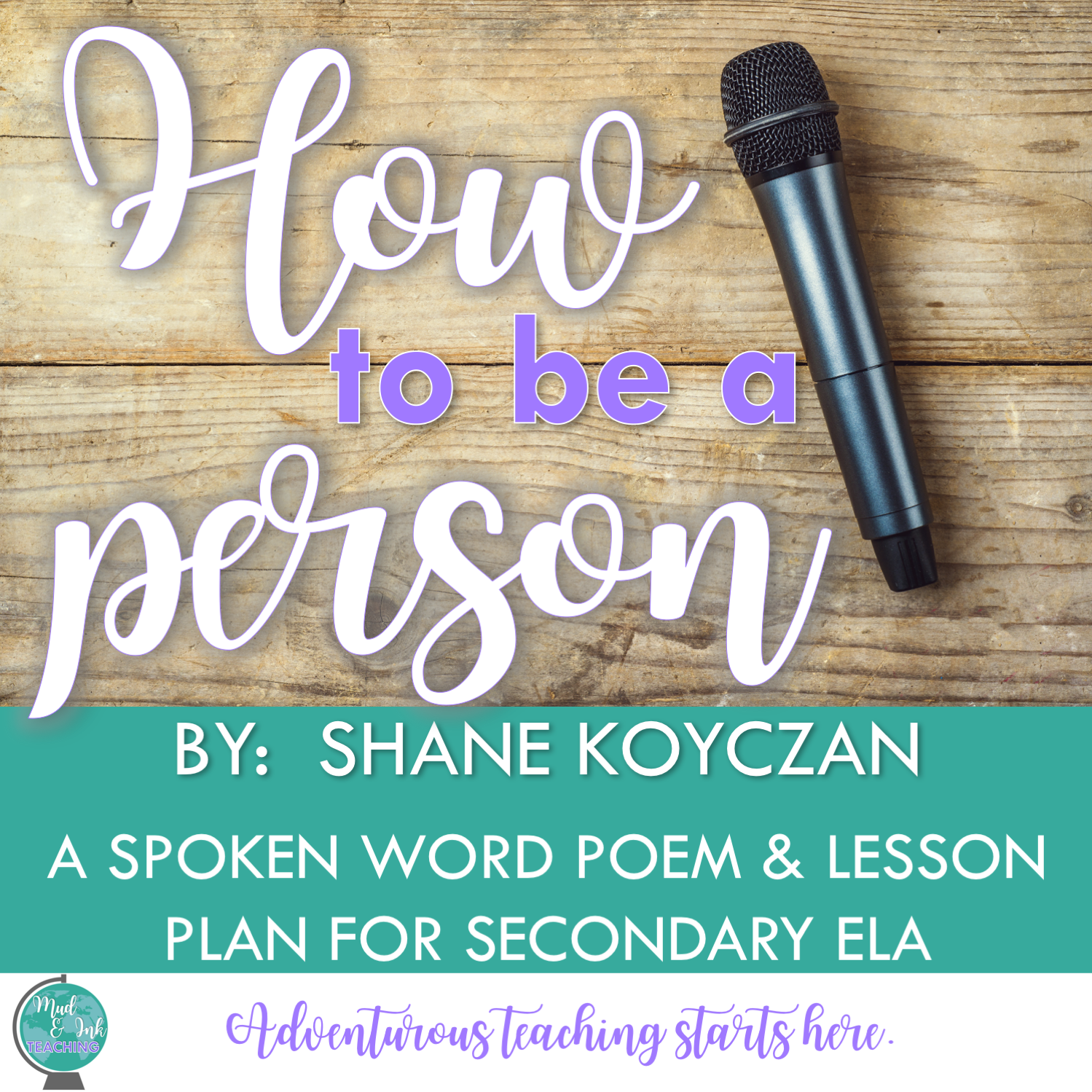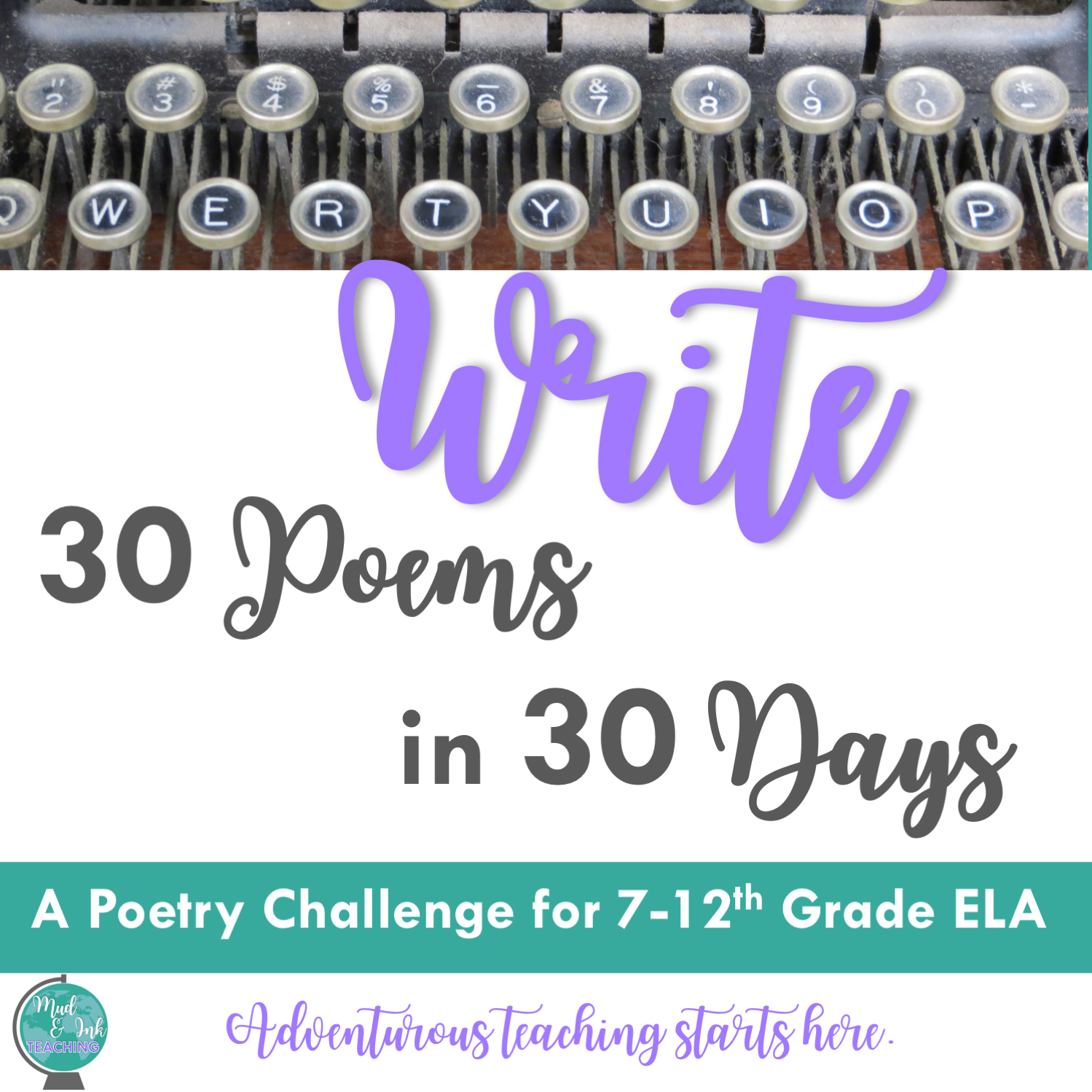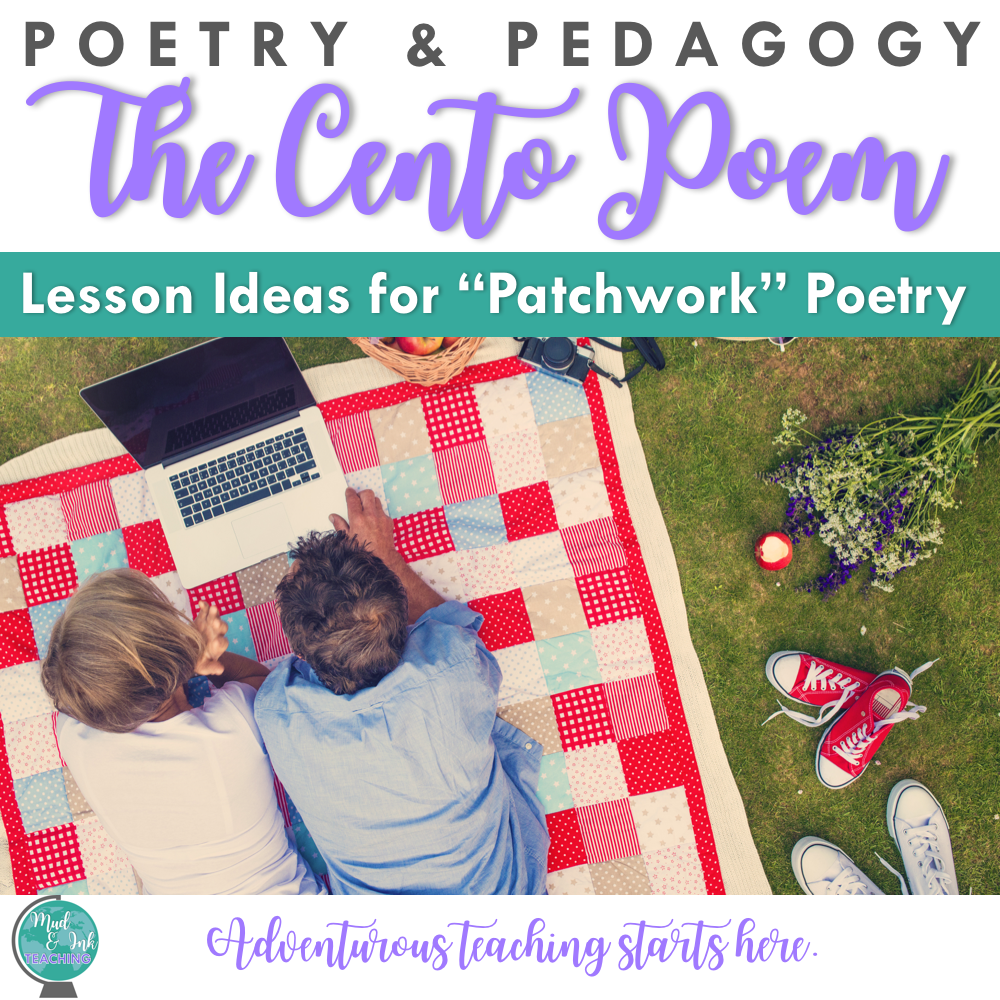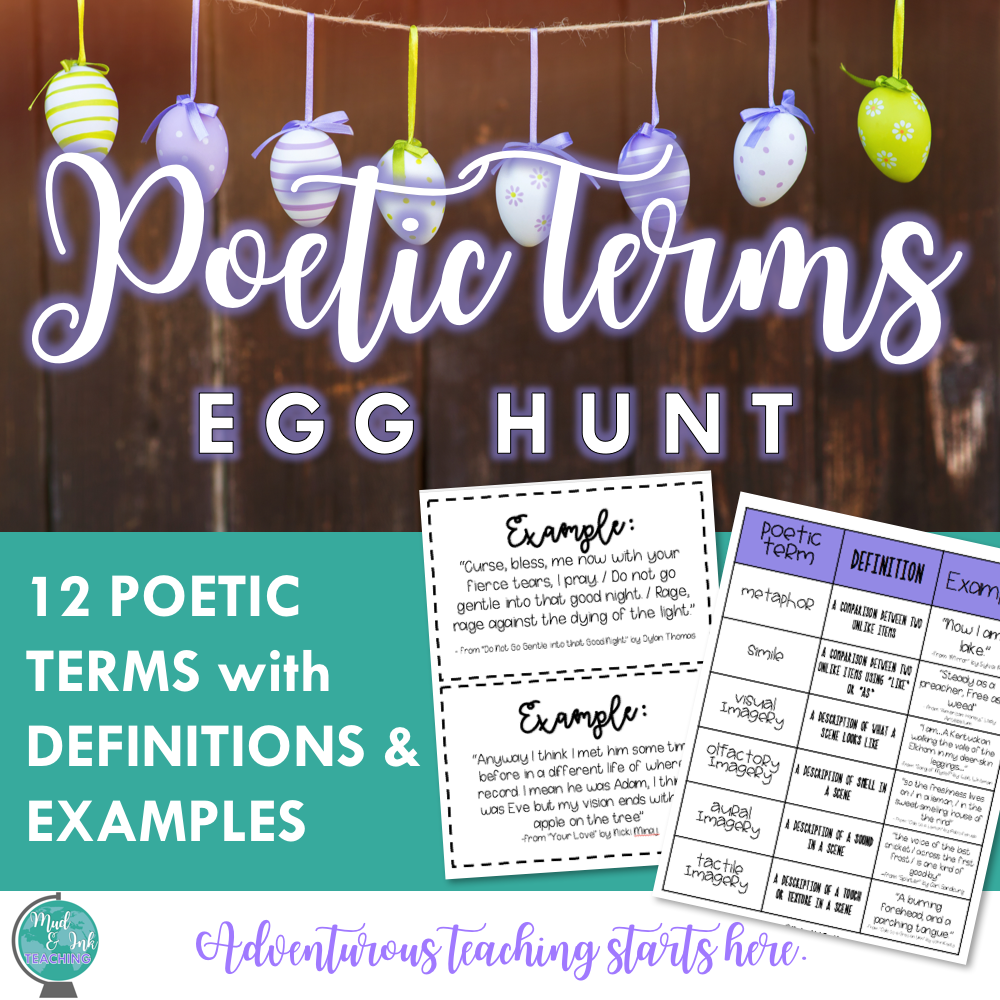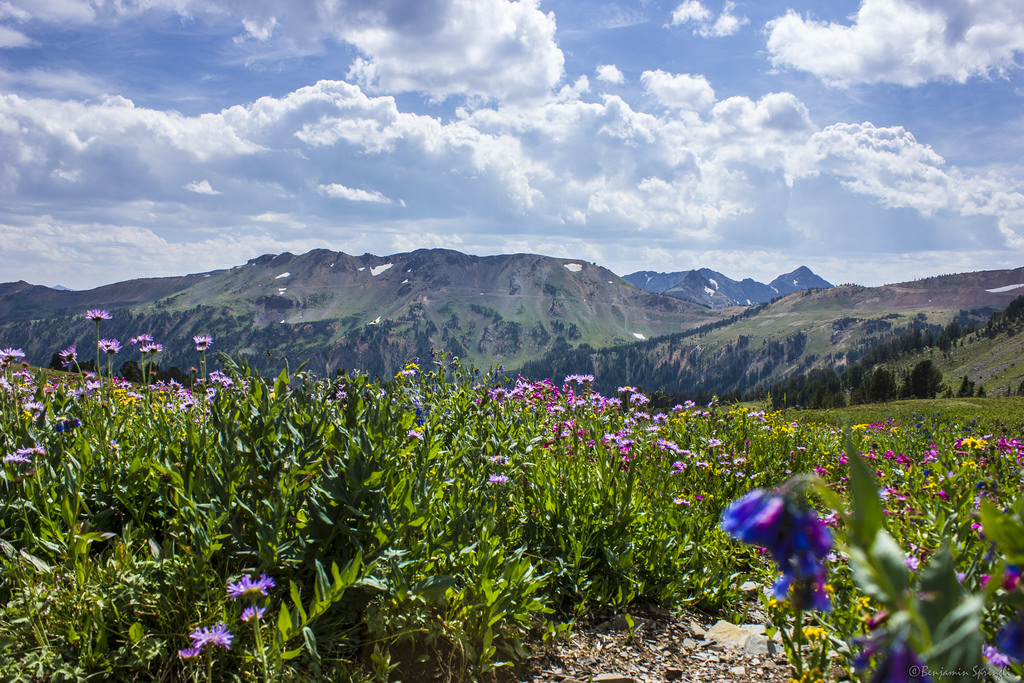
ADVENTUROUS TEACHING STARTS HERE.
22 Teacher Favorites: Poems for Social Justice
Poetry is one of my favorite vehicles to have these critical thinking discussions about social justice. The voices in poetry are so raw, real, and products of the moments from which they came. This list of 22 came from talking to teachers online about their favorites to use in the classroom, as well as my own experience teaching poetry and creative writing.
Through poetry and song, many important movements have been carried through the power of the artistic spoken word. As we work to bring critical thinking and social justice into our classrooms, we not only are providing a powerful content area for skill building but also actively working to support the social and emotional learning of our students as they attempt to figure out the complicated world in which they live.
Poetry is one of my favorite vehicles to have these critical thinking discussions about social justice. The voices in poetry are so raw, real, and products of the moments from which they came. This list of 22 came from talking to teachers online about their favorites to use in the classroom, as well as my own experience teaching poetry and creative writing.
If you’re not sure what do to with a poem, I can help you sort that out:
IDEAS FOR A THEMATIC GROUPING OF POEMS:
Study a group of poems under the same Essential Question and work on building their literary analysis skills using The Big Six
Use this list to update or supplement your poems for Poetry March Madness
Use these poems to supplement an already existing novel unit as a missing voice, a voice to add complexity, or to mirror a character in the novel
Use these poems to create a Digital Poetry Choice Board
Use these poems for imitation: read, discuss, then attempt to recreate a style, a turn, a particular poetic device, etc.
And if you’re ready for an even deeper dive into the power of poetry, I’d love to have you join us in the Teaching Poetry & Creative Writing Workshop! It’s completely virtual and asynchronous, so come in anytime and gain dozens of new ideas and insights into your own practice.
And now, on to the list! Be sure to leave a comment below with additional suggestions and your own experience teaching these poems — your work is so inspiring!
“The Hill we climb” by Amanda Gorman
This poem was hot in the spotlight for the Presidential Inauguration of 2021, but it’s power has not lessened since then. I love the versatility of this poem: study it as a poem in isolation or look at it as an argument with a rhetorical analysis angle! If you need a lesson plan for analysis, I’ve got you covered:
2. A Wreath for Emmett Till
Picture books can be an amazing way to engage students in a lesson, and several teachers have reported that this one if a brilliant overlap between poetry and social justice.
3. “This is America” from childish gambino
This one is not recommended for younger students, but if you have some older students ready to dig into both the poetry of this song and the visual experience of the music video, you’ll have one of the most engaging, important lessons of your career.
4. “LET AMERICA BE AMERICA AGAIN” BY LANGSTON HUGHES
Of all Hughes’ poems, this one was always the one that most resonated and moved my students. It’s rich with imagery and allusion and I recommend taking your time with this one — it’s not a single class period lesson.
5. “IF WE MUST DIE” BY CLAUDE MCKAY
This poem is haunting and a beautiful study in tone and theme. I especially enjoy Kevin Young’s discussion of the poem and his beautiful performance, too.
6. “CITIZEN ILLEGAL” BY JOSE OLIVAREZ
I’ve had the true pleasure of meeting Jose Olivarez back in my days of working with Young Chicago Authors and Louder Than a Bomb, and I can say for certain, this work resonates with students. It’s certainly powerful for me, but whenever I put his work in front of students, something magical truly happens.
In this stunning debut, poet José Olivarez explores the stories, contradictions, joys, and sorrows that embody life in the spaces between Mexico and America. He paints vivid portraits of good kids, bad kids, families clinging to hope, life after the steel mills, gentrifying barrios, and everything in between. Drawing on the rich traditions of Latinx and Chicago writers like Sandra Cisneros and Gwendolyn Brooks, Olivarez creates a home out of life in the in-between. Combining wry humor with potent emotional force, Olivarez takes on complex issues of race, ethnicity, gender, class, and immigration using an everyday language that invites the reader in. Olivarez has a unique voice that makes him a poet to watch.
7. “NOT AN ELEGY FOR MIKE BROWN” BY DANEZ SMITH
This is a beautiful and gut-wrenching piece about the disproportionate attention paid to the death of Black Americans. It’s very short and would work nicely in a choice board where students could tackle it independently.
8. “ODE TO THE ONLY BLACK KID IN THE CLASS” BY CLINT SMITH
This and so many more from Smith’s anthology Counting Descent deserve a spot on this list and in your curriculum. In fact, Clint Smith’s name should be on the tip of every ELA teacher’s tongue when recommending poetry about the Black American experience.
Smith explores the cognitive dissonance that results from belonging to a community that unapologetically celebrates black humanity while living in a world that often renders blackness a caricature of fear. His poems move fluidly across personal and political histories, all the while reflecting on the social construction of our lived experiences. Smith brings the reader on a powerful journey forcing us to reflect on all that we learn growing up, and all that we seek to unlearn moving forward.
9. “NATIVE TONGUE” BY MICHA BOURNES
This poem is a fascinating look at the colonization of language and othering that’s been done to Black speech.
10. “ORAL TRADITION” BY WILLIAM NU’UTUPU GILES & TRAVIS T.
William Nu’utupu Giles is an afrakasi Samoan writer, and this poem focuses on the passing down of stories and traditions through spoken word for thousands of years.
11. “SOMEWHERE IN AMERICA” FROM BRAVE NEW VOICES
In this moving poem about censorship and government control, the speakers critique the contrasting experiences of America’s youth from the books they are allowed to read in school to the histories that are not taught.
12. “BLACK GIRL MAGIC” BY MAHOGANY BROWN
In this poem about belonging and experiencing othering, Brown examines what “Black Girl Magic” looks like through her eyes.
13. “ ELEPHANT” BY JOAQUIN ZIHUATANEJO
This poem focuses on the Rwandan Genocide of the 1990’s and compares the experience of a mother losing her child to that of an elephant holding her lifeless calf. This poem is packed with emotional language surrounding a lesser taught historical tragedy,
14. “SECOND ATTEMPT CROSSING” BY JAVIER ZAMORA
In this emotional poem, Zamora depicts the immense fear, uncertainty, and loss one feels when crossing over the US border illegally.
15. “GLORY” BY COMMON
From the movie Selma, this anthem speaks of an undying hope felt by those fighting for equality during the Civil Rights Movement despite great violence and discrimination against them.
16. “BULLET POINTS” BY JERICHO BROWN
In this poem, Brown explores hate crimes in America and the violence against Black people at the hands of law enforcement.
17. “TO THIS DAY” BY SHANE KOYCZAN
Shane Koyczan, a powerful spoken word poet, delivers a close look at the lasting effects of bullying in one’s childhood.
18. “WHAT CAN A POEM DO?” BY DARIUS V. DAUGHTRY
In this poem by Darius V. Daughtry, he explores the extent to which words, and more specifically poetry, have the power to cross borders and save lives. This poem is rich with figurative language and beautiful metaphors.
19. “CHINESE 101” BY SUN LUU
Luu describes his poem with this beautiful introduction:
“An ode to my mother, to my mother tongue, and all who've given me the opportunity to exist today. This is for all those who've tried to ostracize my people, who've tried to diminish the Chinese language, and have silenced and made caricatures of Asians in America. Here, I take back my language. I take back my culture. And find the voice to speak.”
20. “MISS AMERICA” BY RAMYA RAMANA
This poem is a response to racist comments and remarks after the announcement of Nina Davuluri, an Indian American woman, as the winner of Miss America in 2014.
21. “BROWN BOY, WHITE HOUSE” BY AMIR SAFI
Safi tells the story of living in post-9/11 America and dealing with the racial stereotyping and profiling he experienced.
22. “Passive Voice” by Laura Da
In this short but powerful poem, Da draws attention to the use of passive voice when describing the history of Native American culture.
